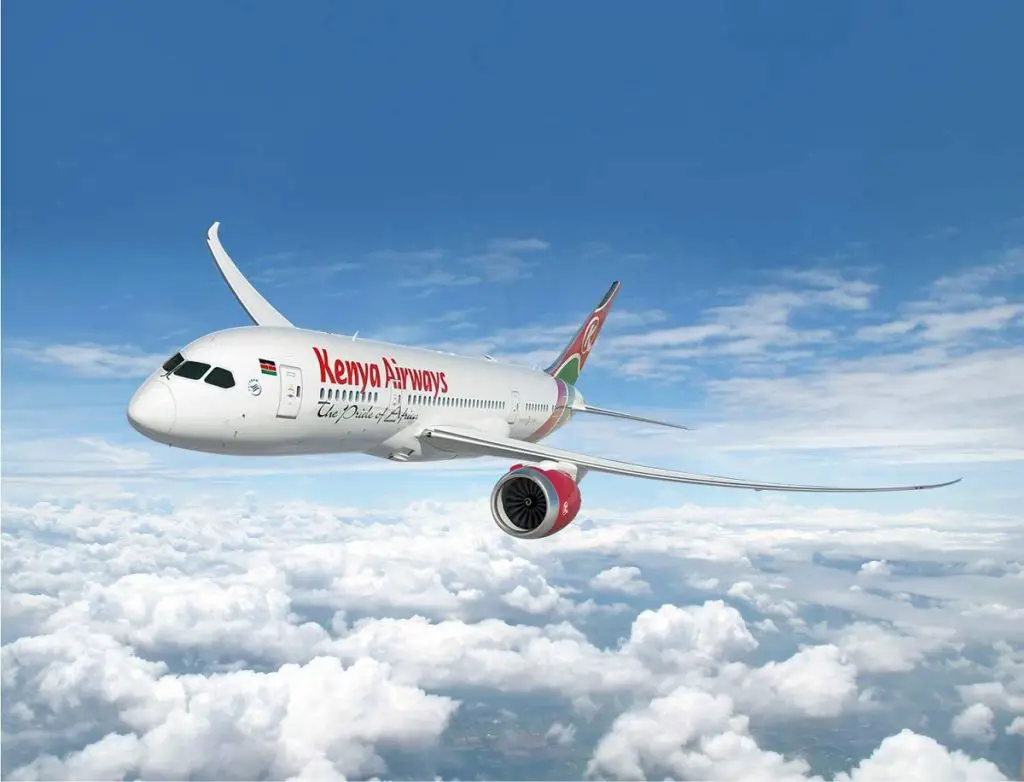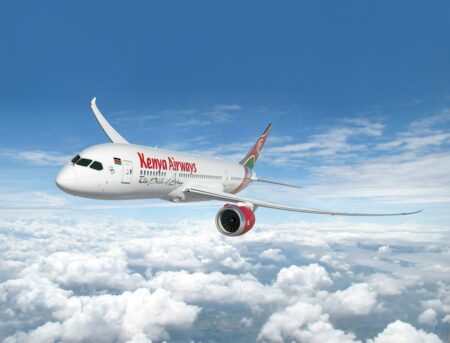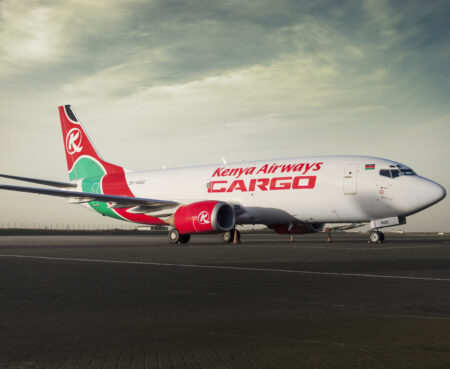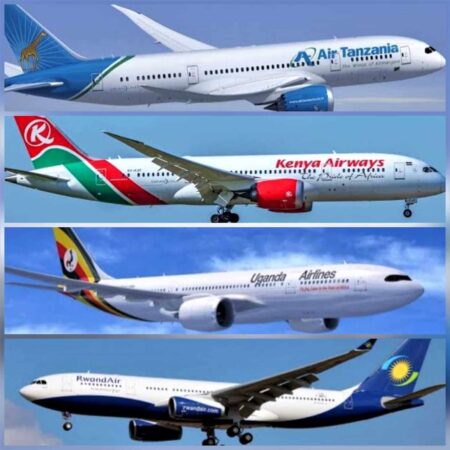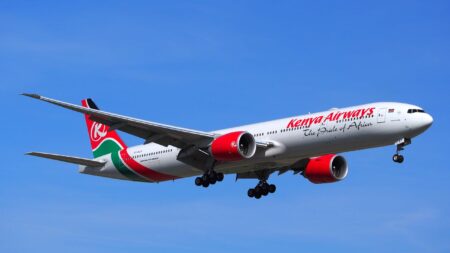When the former CEO of LOT Polish Airline was hired on May 4, 2017, his over 20 years of experience was expected to turn around Kenya Airways’ (KQ) fortunes.
Sebastian Mikosz came to the airline which was in the red after a series of losses which hit US$259.4 million (Ksh26.2 billion) in 2016.
The Polish’s experience was in executive management in both the private and public sectors and this was expected to bring the much-needed change that KQ needed.
Retreat as KQ continues registering losses
Three years into the stint at KQ, Mikosz announced his resignation in May this year a year to the end of his term.
The KQ CEO has packed his bags in readiness for his exit once the clock hits 00:00 on December 31, 2019. Mikosz’s term was to end in June next year but it seems like it was getting too hot in the KQ kitchen and he had to throw in the towel.
Announcing his resignation in May this year, Mikosz said, “Since I started working as CEO at KQ I have always tried to inform you about any management decisions before you learn it from the public domain. It is in line with this practice that I would like to take this first chance to inform you that I have made the decision to shorten my contract term and I have decided to resign on personal grounds effective December the 31st of this year.”
He insisted that it is his personal decision which he had discussed with the board and his family.
“I believe that this is the ideal timing to begin a transition process to find someone who will continue with the turnaround initiatives that we began 3 years ago,” he said.
While his stint at KQ was mired in controversy over the pay of top executives while pilots and other staff continued on meagre salaries, Mikosz nonetheless said he had done a good job.
“We’ve managed to bring the company from a historic loss in 2014 of Ksh 25bn and narrowed it down to Ksh 7.5bn ($74 million) in just 4 years. I am convinced that KQ is on a good path for a full recovery,” he added.
During the announcement, KQ Chairman Michael Joseph affirmed Mikosz’s performance saying he was the brainchild behind many transformative initiatives at the airline.
Allan Kilavuka new KQ CEO
As KQ steps up hunt for Mikosz’s replacement, the company’s board settled on Allan Kilavuka in an acting capacity until a suitable replacement is found.
Kilavuka is an insider who was picked from KQ’s subsidiary Jambo Jet which has had a good performance as a low-cost carrier.
In an announcement on December 15, Joseph said in a statement, “The board of Kenya Airways PLC wishes to announce that effective January 1, 2020, Allan Kilavuka who is currently the CEO of Kenya Airways subsidiary Jambojet Limited, has been appointed to take on the role of acting CEO until a substantive CEO for Kenya Airways is recruited and appointed.”
During this time, Kilavuka will continue with his duties as the Jambo Jet CEO.
Kilavuka’s belief is that a good chief executive must deliver value to shareholders.
At an interview with a local publication in June 2019, he said: “The focus is to keep the company secure, be efficient, be profitable, return a reasonable profit with shareholders but then again we need to look at how do we look at different products, diversify and de-risk the business and looking for opportunities to expand and grow.”
The Mikosz legacy at KQ
While Mikosz may have reduced losses for KQ, his tiffs with pilots over their salaries may end up being one of the lowest for his career.
In September this year, Mikosz said that the current CBA favours pilots where among his concern is that they (pilots) can call in sick a few hours before take-off, something that has led to numerous cancellations and delays.
KQ has blamed pilots for its high operating costs where it claims pilots mainly captains are drawing millions from its balance sheet. Conveniently missing, however, was the bonuses and salaries of the top executives at KQ of which the pilots have complained severally.
A parliamentary report on the airline’s operations showed that KQ’s wide-body aircraft captains take home Ksh1.8 million monthly compared to Ksh1.5 million paid by its competitors among them Emirates and Qatar Airways.
“They are well paid that one they can’t complain,” Mikosz is on record saying.
The pilots have accused the management of failing to manage the airline properly and instead blaming them for the airline management’s failure.
Through the Kenya Airline Pilots Association (KALPA, the pilots accused the airline of failing to invest in more pilots despite expanding its network. This is the reason why there are frequent cancellations, according to the association.
KALPA says KQ has a pilot shortage forcing 414 pilots to operate a schedule that requires approximately 600 pilots.
In the last three years, more than 140 pilots have left Kenya Airways further complicating the pilot shortage arithmetic. This has been attributed to the hostile working environment at the airline.





